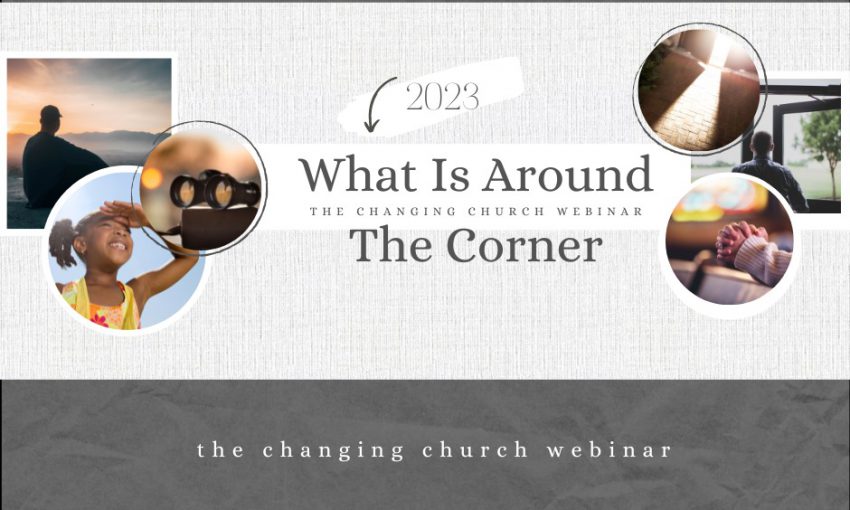Recently I had the pleasure of being on a panel with the wise folks at Pneumatrix and the Center for Healthy Churches, wherein we talked about what is around the corner for church in the year 2023. Matt Cook, who led the webinar, asked some excellent questions, but the one that captured me most was:
If you got to pick a phenomenon that you think would have the biggest positive impact on the Church if it were to catch on or grow in influence (not the one you think will have the biggest impact, but the one you’d like to have the biggest impact), what would it be and why?
I sat with this question for a while. There are so many complicated and flashy answers. So many communities taking big bets on new technologies or leadership structures. And I do think those things can be transformative. But I actually think my answer here is much simpler. I think that if individuals and communities, both inside the church and out, started to talk sincerely, openly, and non-coercively about the value they have found in spiritual community, then we as a culture might find a space to remember what our most holy moments have meant to us. If we started to risk speaking of God—naming what we think God is doing, or who we imagine God to be, and asking with real curiosity how other people think about those questions, the possibility of a community paying attention—even praying together—might be born.
If we attempted to live in ways that honor the experiences we have had and the true things we have seen, and told those stories to those who would listen, it seems to me that spiritual community, the kind we hope for in the church, might seem much more plausible than it does under stained-glass-lit-Jesuses breathing their last, or slick-bearded preachers with fancy sneakers offering their platitudes. We might begin to long for people to talk to about true things and share our lives with. We might find ways to imagine ourselves outside the limitations of efficiency and somehow more than the sum of our parts.
There is so much potential to discover all the ways church might spring up, if we offered that kind of attention to ourselves and to each other. I think if we did that, we might be better able to see the Holy Spirit that gathers with two or three of us.
I invite you to check out the panel. Pneumatrix and The Center for Healthy Churches gathered some wise folks and I enjoyed hearing from them. There wisdom is still sitting with me a month into the new year.
 The Rev. Karen Rohrer is the director of the Center for Adaptive and Innovative Ministry at Pittsburgh Theological Seminary and a PCUSA pastor. She is the editor of Sustaining Grace: Innovative Ecosystems for New Faith Communities (Wipf & Stock, 2020).
The Rev. Karen Rohrer is the director of the Center for Adaptive and Innovative Ministry at Pittsburgh Theological Seminary and a PCUSA pastor. She is the editor of Sustaining Grace: Innovative Ecosystems for New Faith Communities (Wipf & Stock, 2020).

